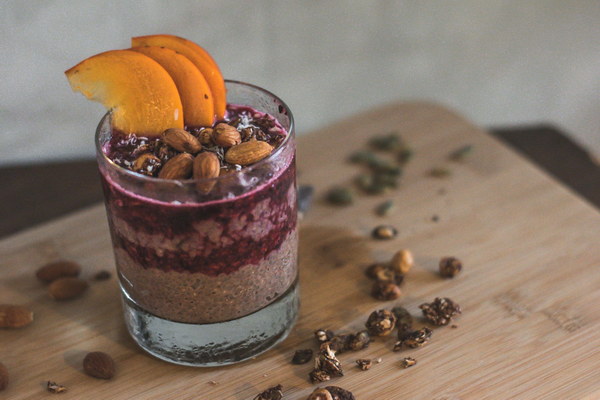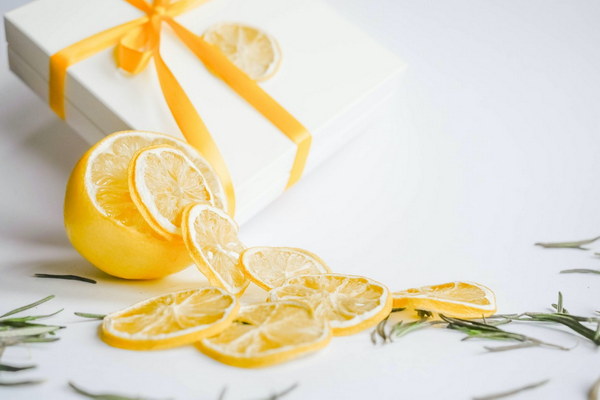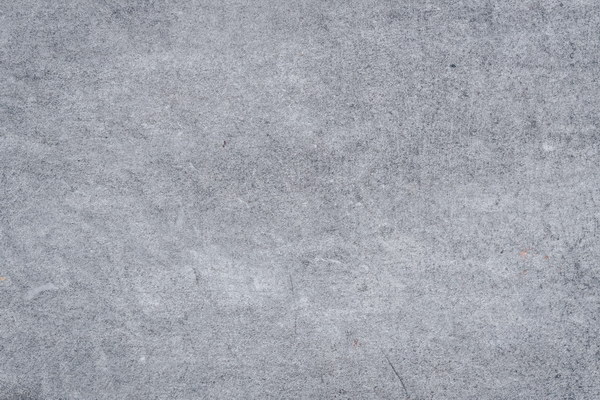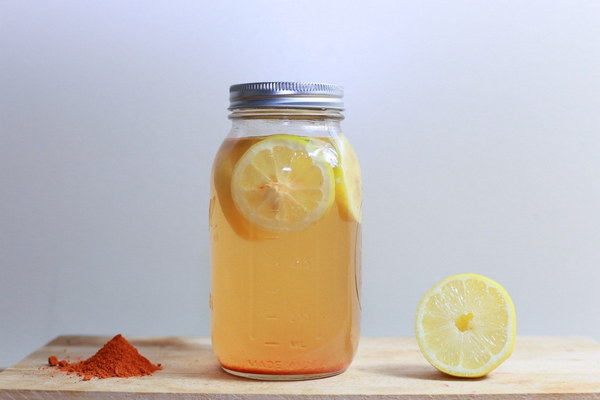Nature's Remedy Exploring the Benefits of Herbs Used for Expelling Heat and Dampness
In traditional Chinese medicine, the concept of balancing the body's internal environment is of paramount importance. One such approach involves the use of herbs known for their ability to expel heat and dampness, which are believed to be the root causes of many common ailments. This article delves into the world of these natural remedies, exploring their properties, benefits, and applications.
Understanding Heat and Dampness
In traditional Chinese medicine, heat and dampness are considered to be two of the six pathological factors that can disrupt the body's balance. Heat refers to an excess of internal heat, which can manifest as symptoms like fever, redness, and inflammation. Dampness, on the other hand, refers to an accumulation of moisture in the body, which can lead to symptoms such as fatigue, heavy limbs, and a feeling of being weighed down.
The combination of heat and dampness is particularly problematic, as it can exacerbate various conditions, from the common cold to more severe ailments like arthritis and gout. To address these issues, herbal remedies that possess the properties to expel heat and dampness are often prescribed.
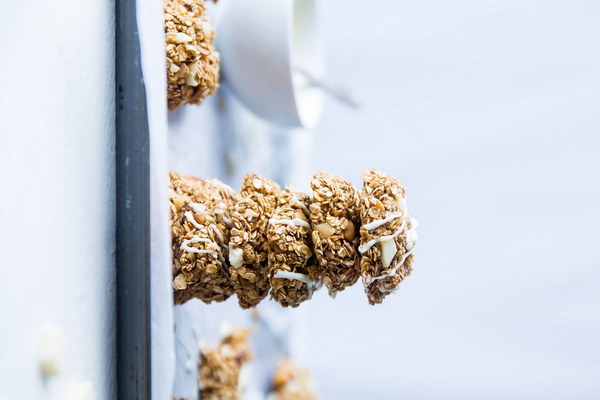
Herbs Used for Expelling Heat and Dampness
1. Astragalus (Huang Qi)
Astragalus is a well-known herb in Chinese medicine, renowned for its ability to strengthen the immune system and expel dampness. It is commonly used to treat fatigue, weakness, and allergies.
2. Bupleurum (Chai Hu)
Bupleurum is another popular herb used to expel heat and dampness. It is often used to treat conditions such as fever, headache, and menstrual disorders.
3. Poria (Fu Ling)
Poria is a unique herb that is believed to absorb dampness from the body. It is often used in conjunction with other herbs to treat dampness-related conditions like edema, cough, and fatigue.
4. Coptis (Huang Lian)
Coptis is a powerful herb known for its cooling properties, which make it effective in expelling heat and dampness. It is commonly used to treat conditions like diarrhea, dysentery, and skin rashes.
5. Scutellaria (Huang Qin)
Scutellaria is another herb with cooling properties, making it useful for expelling heat and dampness. It is often used to treat conditions such as fever, jaundice, and upper respiratory infections.
Benefits of Herbs for Expelling Heat and Dampness
1. Improved Immune System
Herbs used for expelling heat and dampness, such as astragalus, can help strengthen the immune system, making the body more resilient to illness.
2. Reduced Inflammation
Conditions caused by the accumulation of heat and dampness, such as arthritis and gout, can be alleviated through the use of these herbs.
3. Enhanced Metabolism
By expelling dampness, these herbs can help improve the body's metabolism, leading to better overall health and well-being.
4. Natural Relief from Common Ailments
Herbs like bupleurum and copaiba can provide natural relief from common ailments such as the common cold, fever, and menstrual disorders.
Conclusion
The use of herbs for expelling heat and dampness is a time-honored tradition in Chinese medicine. By understanding the properties and benefits of these natural remedies, we can appreciate their value in promoting health and wellness. While modern medicine offers many effective treatments, incorporating these natural remedies into our daily routine can help us maintain a balanced and healthy body.
